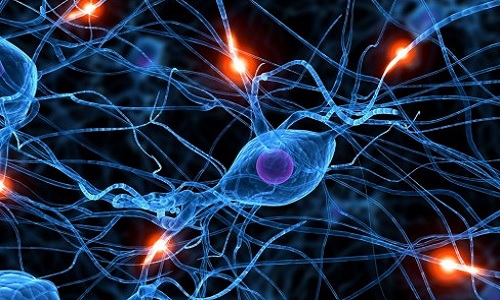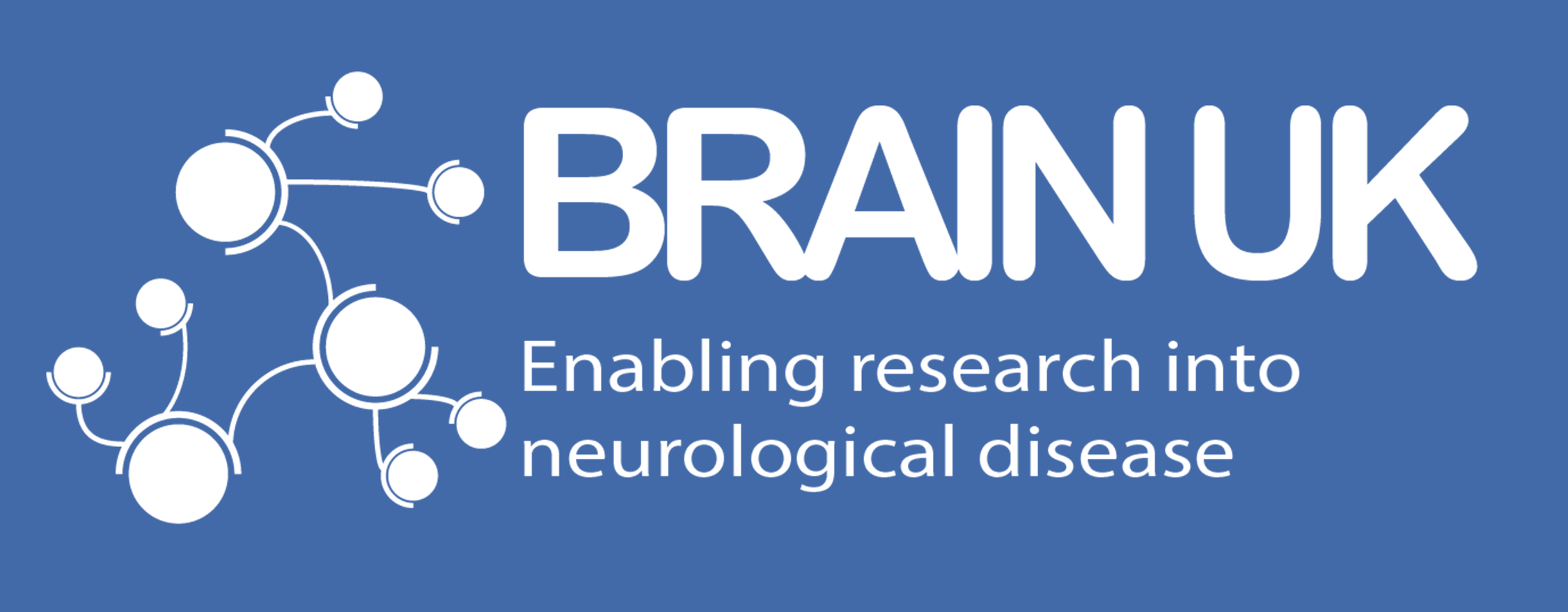
Brain UK study ref: 17/009,
Lay summary,
Project status: Closed
Investigating the role of extracellular matrix in human neocortical development
Prof Wieland Huttner, Max Planck Institute of Molecular Cell Biology and Genetics, Dresden, Germany
The cerebral cortex is the major centre for cognitive processes, including memory, awareness and language, and is arguably an integral part of what makes us human. Understanding the mechanisms behind its development and function are vital to understand, and therefore treat, the many developmental disorders, diseases and injuries that affect it. Currently there are relatively few treatments available as our understanding of neocortical development is far from complete. To address this gap in our knowledge we require further insight into the regulation of neural stem cell (NSC) behaviour and function. Despite recent advances in the field, relatively little is known about the regulation of NSCs when compared to other systems, such as blood, due to the location and complexity of neural tissue and development. We aim to investigate the role of extracellular matrix (ECM) proteins in the development of the human cortex and NSC behaviour. ECM proteins usually reside outside of cells within the tissue and have many roles, including providing a supportive structure for the cells to reside in and maintain tissue shape and integrity. Recent studies have shown that ECM may also provide instructive signals, directing cell behaviour and influencing cortical development – specifically in the increased generation of neuronal cells required for the expansion of the human cortex. We aim to study the role of ECM in the regulation of NSC behaviour and the development of the complex human cortex.
